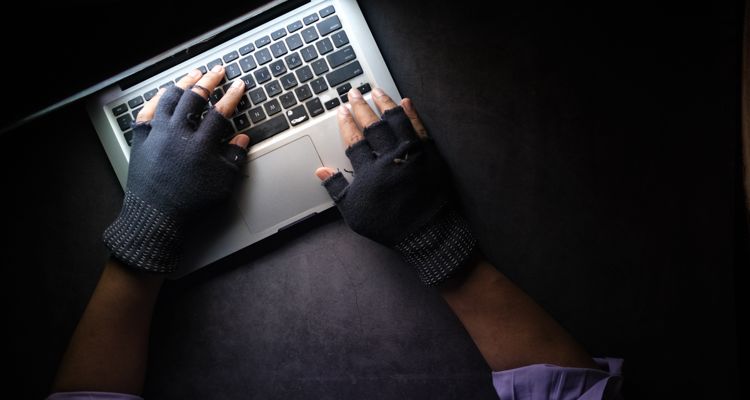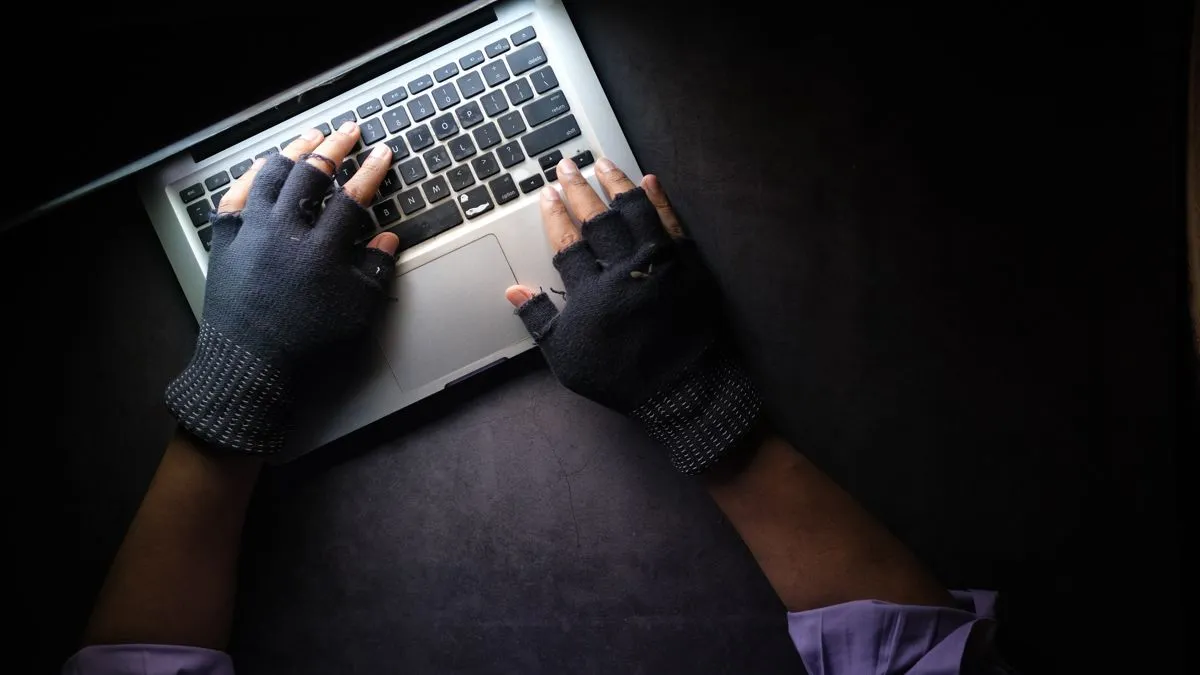
Photo Credit: Towfiqu Barbhuiya
Illegal music downloads and piracy have been ongoing issues since the early days of the internet. The methods of illegally obtaining music are continually evolving, leading to a rise in the trend of stream ripping. So what is stream ripping, and what can you do about it?
Stream ripping occurs when a song or video is taken from a streaming platform and converted into a downloadable file for offline use, usually without permission from the streaming service or artist from which they took it.
This process results in the user obtaining a permanent copy of the file they can access without having to return to the service they took it from, allowing them to share it between other users or devices easily. Platforms that have had their content ripped include services like Amazon Music, Apple Music, Spotify, Netflix, YouTube, and virtually any service that offers music and video online.
How Does Stream Ripping Work?
With specialized software utilizing either the website link (URL) of the media or capturing content directly as it’s played — like a screencast — a user can save media to a file they can access on their computer. YouTube is perhaps the most common service targeted by stream rippers due to its vast content. Still, tools exist to take advantage of Spotify, Apple Music, Netflix, and other popular streaming platforms. Despite the varied availability of tools to achieve the same result, stream ripping is a form of illegal infringement.
Why Do People Use Stream Ripping Software?
There are many reasons why people may try to justify their ripping of streams. One survey from 2017 found that in addition to citing they can’t afford to pay for the services they rip from, people often state they already own the music in another format or want to be able to listen to it offline. Regardless, making unauthorized copies of another’s intellectual property is copyright theft.
What are the Legal Issues with Stream Ripping?
According to the 2016 Music Consumer Insight Report, stream ripping is the fastest growing form of infringement. Many see it as a victimless crime, which is far from the truth. While it’s difficult to quantify how many millions of tracks are copied in this way, musicians, performers, and music distributors are undoubtedly taking a hit concerning their royalties. Even though individual streams only deliver an artist a fraction of a cent, they add up. Since ripping also leads to songs not being purchased via iTunes or Amazon, additional revenue is essentially taken from the artist’s pocket.
How Can I Help?
If you don’t like streaming your music, buy your favorite songs on services like iTunes or Bandcamp so you can play them offline and on other devices. Many music streaming services offer an offline mode so files can be downloaded onto your device and listened to without an internet connection. The Amazon Music Store regularly offers free music download promotions for members, enabling you to expand your library without spending any extra money.
Buying physical copies of albums continues to be an option even with the popularity of streaming. Vinyl record demand is at an all-time high as collectors strive to curate their catalogs. Supporting the artists you love directly by purchasing their music, tickets to their shows, and merchandise can do wonders for their careers and your music collection.

